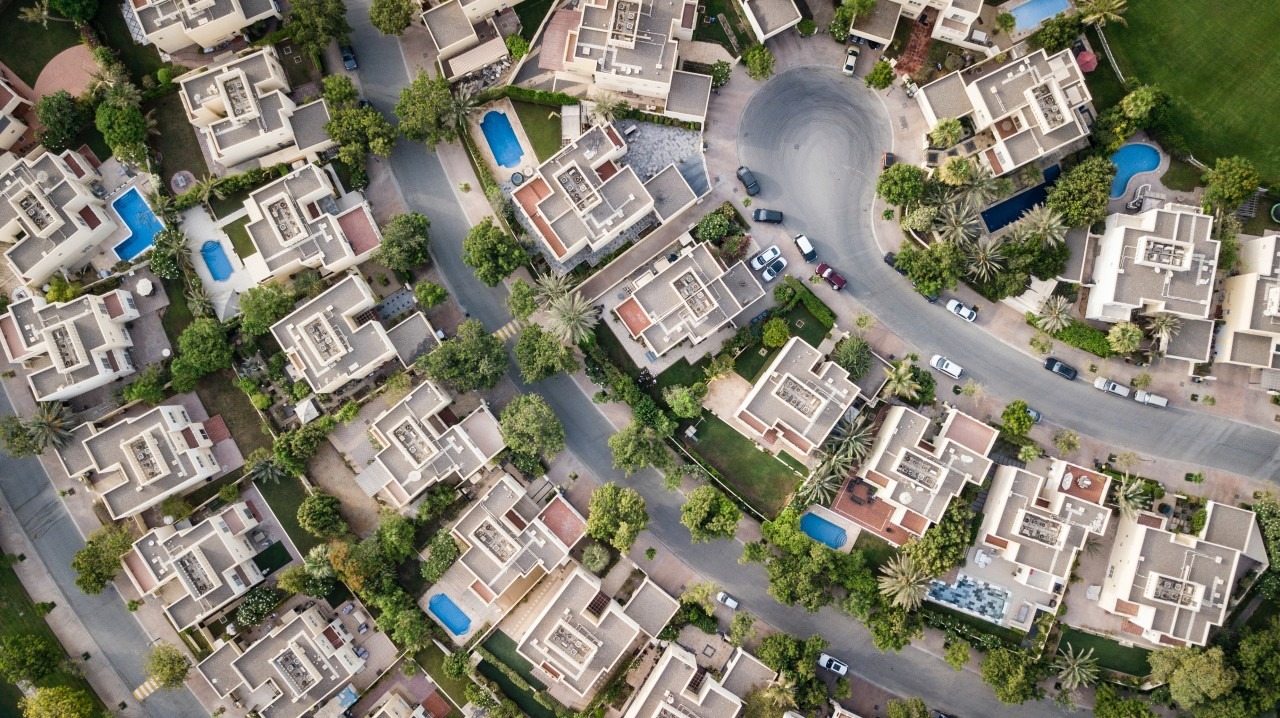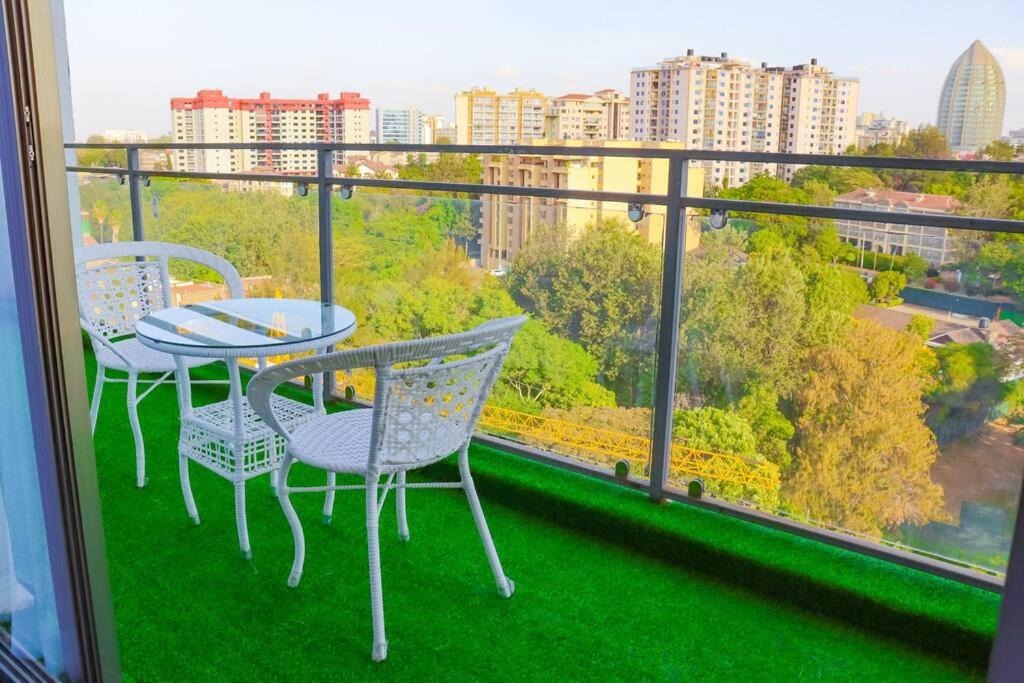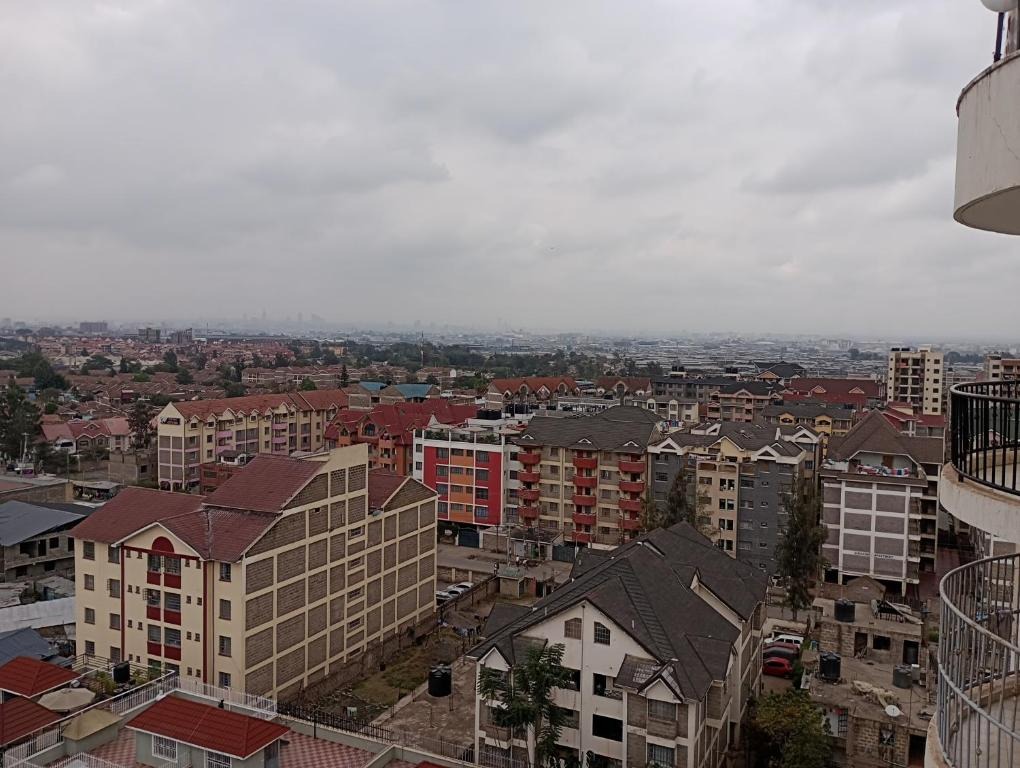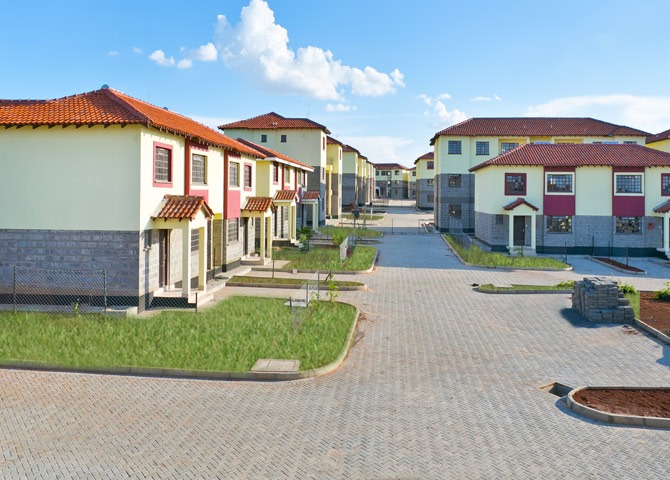The Role of Infrastructure Development in Property Value Appreciation
When it comes to real estate, one of the key factors that determine property values is the level of infrastructure development in an area. In Kenya, urban planning plays a crucial role in shaping the value of properties. As cities grow and expand, the demand for housing increases, and it is important for urban planners to keep up with this demand by ensuring that the necessary infrastructure is in place.
Infrastructure development refers to the construction of roads, bridges, schools, hospitals, water and sanitation systems, and other amenities that make a city livable. These developments not only enhance the quality of life for residents but also have a significant impact on property values.
Imagine living in a neighborhood where the roads are well-paved, there is a reliable water supply, and schools and hospitals are easily accessible. Such an area would naturally attract more buyers and tenants, thereby driving up property values. On the other hand, if an area lacks basic amenities and has poor infrastructure, it is likely to be less attractive to potential buyers, leading to a decrease in property values.
Sustainable Practices: Green Spaces and Real Estate Value
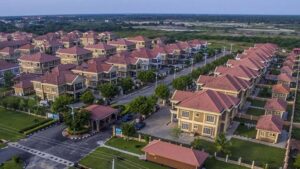
In recent years, there has been a growing awareness of the importance of sustainability in urban planning. Kenyan cities are becoming more conscious of incorporating green spaces, such as parks and gardens, into their development plans. Not only do these green spaces provide recreational areas for residents, but they also have a positive impact on property values.
The presence of green spaces in a neighborhood has been found to increase property values. People are willing to pay a premium for homes that offer easy access to parks and other natural areas. Green spaces not only enhance the aesthetic appeal of an area but also improve air quality, reduce noise levels, and promote a sense of well-being among residents. These factors all contribute to the desirability of a neighborhood, which, in turn, drives up property values.
Additionally, incorporating sustainable practices in urban planning, such as energy-efficient buildings and water conservation measures, can also have a positive impact on property values. Buyers and tenants are increasingly seeking properties that are environmentally friendly and have lower utility costs. Therefore, developers and urban planners who prioritize sustainability are likely to see higher demand for their properties and, consequently, higher property values.
Accessibility and Connectivity: How Transportation Influences Property Prices
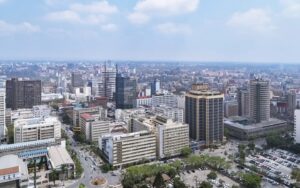
In a country like Kenya, where traffic congestion is a common issue in major cities, the accessibility and connectivity of an area have a significant impact on property values. Properties that are easily accessible and well-connected to key areas, such as business districts, schools, and shopping centers, are highly sought after.
Good transportation infrastructure, such as well-maintained roads and reliable public transportation, can drastically improve the accessibility of an area. This, in turn, increases the convenience for residents and makes the area more attractive to potential buyers and tenants. As a result, property values in well-connected neighborhoods tend to appreciate faster than those in areas with poor transportation facilities.
In recent years, there has been a growing emphasis on improving public transportation in Kenya. This includes the construction of new roads, expansion of existing ones, development of commuter rail systems, and implementation of bus rapid transit systems. These initiatives not only improve mobility within cities but also have a positive impact on property values.
As urban planners continue to prioritize accessibility and connectivity in their development plans, property values are likely to continue to appreciate in well-connected areas. Buyers and tenants are willing to pay a premium for properties that offer easy access to transportation hubs and key amenities.
In conclusion, urban planning plays a crucial role in shaping the value of properties in Kenya. Infrastructure development, sustainable practices, and accessibility are all key factors that influence property values. As cities continue to grow and expand, it is important for urban planners to prioritize these factors in order to meet the demands of a rapidly evolving real estate market. By incorporating these elements into their development plans, urban planners can ensure that Kenyan real estate continues to thrive. So, if you’re in the market for a property, keep an eye out for areas with well-developed infrastructure, green spaces, and good connectivity – your wallet will thank you!
Click here to learn more about urban planning and its impact on real estate values.

